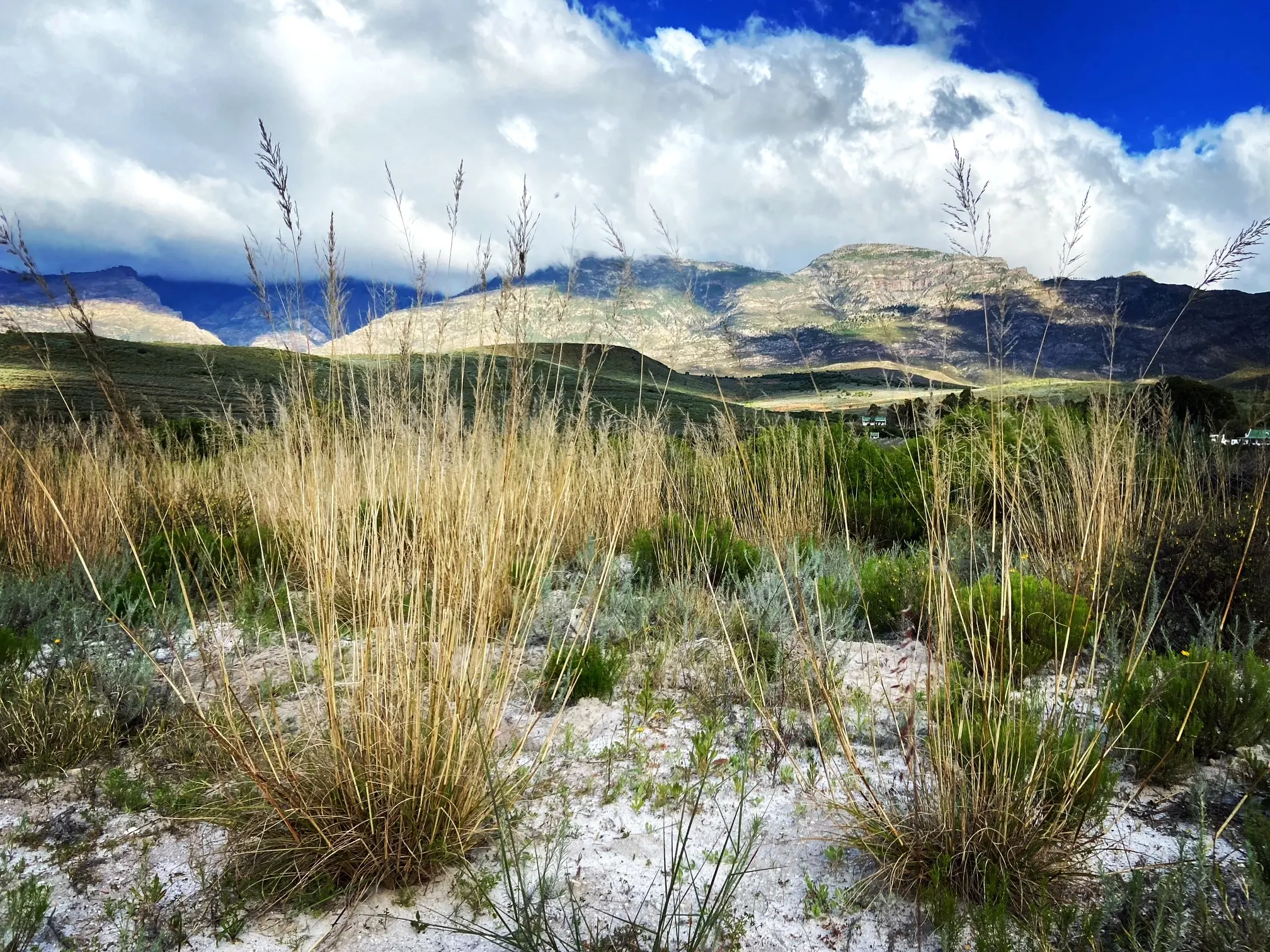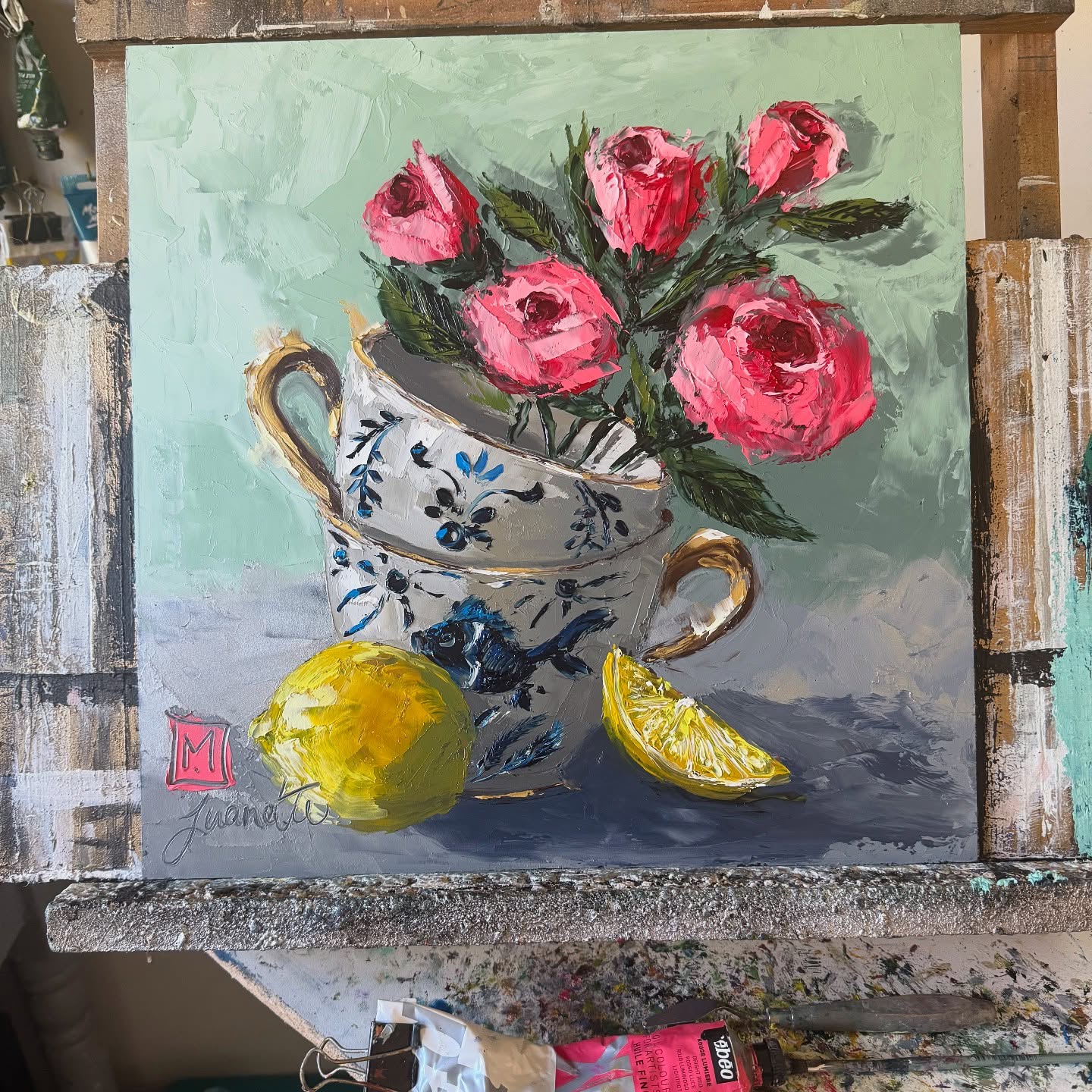
Hand Crafted Wines
We produce handcrafted wines from hand selected grapes.
Our sustainable approach is based on the belief that good wine requires and demands an approach that takes into account the balance and relationship between:
- The terroir - the soil, geography and the climate;
- The vine, its requirements and the grape it produces each season;
- The wine making process in the cellar;
- Nature, its influences, and our obligation to protect and nurture;
- People, from the workers in the fields to the artist designing the label and everyone in-between.
This, coupled with the privilege of working with small batches of hand selected grapes allow us to highlight the craftmanship, inherent quality, and singular uniqueness in every wine. By meticulously overseeing each stage in the wine making process, from soil management to grape selection and the final making and branding of the wine itself, we aim to draw out the purest quality and flavour profile the vineyard offers in any given year.
This approach demands
- cultivating healthy, balanced vines that produce perfectly ripe fruit with natural acidity,
- intimate knowledge of winemaking,
- Harmony with the environment,
- and a focus on upliftment and development of people individually and the community in general.

Wine as a Reflection of Terroir
We craft every bottle of our wine to truly reflect its origin.
Our grapes are cultivated in a pollution-free valley and nourished exclusively by spring and mountain water. The climate in the Agterkliphoogte Valley is Mediterranean, with generally warm sunny summer days and cooler nights. Winters tend to be cold and wet. The ancient soil and deep valley with sandstone, sand, granite, loam and shale allows for a variety of grape cultivars to flourish. The Poesjenels River, which flows the length of the farm, divides the fynbos and Renosterveld on the farm.
Sustainability Practices
The wines we sell are used to expand and sustain on the sustainability practices we follow.
Our sustainable practices focuses on environmental stewardship, resource efficiency, and quality production. Here’s a concise summary:

Vineyard Practices
We craft every bottle of our wine to truly reflect its origin. The terroir, in general: Our grapes are cultivated in a pollution-free valley and nourished exclusively by spring and mountain water. The climate in the Agterkliphoogte Valley is Mediterranean, with generally warm sunny summer days and cooler nights. Winters are cold and wet. The ancient soil and deep valley with sandstone, sand, granite, loam and shale allows for a variety of grape cultivars to flourish. The Poesjenels River, which flows the length of the farm, divides the fynbos and Renosterveld on the farm.
- Soil Health: We use organic compost, cover crops and no tillage to enhance soil fertility and structure. Synthetic fertilizers are avoided and replaced with organic fertilizers like chicken manure to reduce runoff and soil degradation.
- Water Conservation: We implement drip irrigation and monitor soil moisture to minimize water use.
- Resistance to Mechanization: By working with the local community and employing people often in dire need of employment, we are able to provide quality controlled grapes while simultaneously ensuring a sustainable local community.
- Biodiversity: Annually we plant new native species and use integrated pest management to encourage natural predators (e.g., birds, beneficial insects) instead of chemical pesticides.
- Organic/Biodynamic Methods: Mountain View avoids synthetic pesticides and herbicides, using natural alternatives like sulfur or copper-based sprays. Biodynamic farming incorporates lunar cycles and holistic soil treatments.
- Energy Efficiency: Solar panels are used for irrigation boreholes for vineyards and we employ energy-efficient equipment to reduce our carbon footprint.
- Climate Adaptation: Grape varieties are selected to be suitable to local the local climate and we practice canopy management to protect vines from extreme weather (e.g., sunburn or frost).
The wines we sell are used to expand and sustain on the sustainability practices we follow.
Our sustainable practices focuses on environmental stewardship, resource efficiency, and quality production. Here’s a concise summary:

Winemaking Practices
- Minimal Intervention: Additives such as sulfites are reduced to the minimum, we prefer to rely on natural fermentation processes and vineyard quality to preserve grape character and reduce chemical use.
- Waste Management: Grape skins and seeds are composted for vineyard use. We also recycle water used in cleaning equipment and barrels.
- Sustainable Packaging: We use lightweight and/or recycled glass bottles and recycled materials from nearby suppliers to lower transport emissions and waste.
- Energy Use: Our cooling systems are energy-efficient and gravity-flow are used widely to reduce electricity consumption during fermentation, bottling and storage.
- Local Sourcing: Barrels, reconditioned barrels, corks, and other materials are locally sourced as far as possible to reduce transport emissions and support our regional economy.
We involve local communities in vineyard activities to foster social sustainability, and resist mechanization (also) for that reason. These practices balance environmental care with quality wine production, ensuring long-term viability for small-scale operations.



